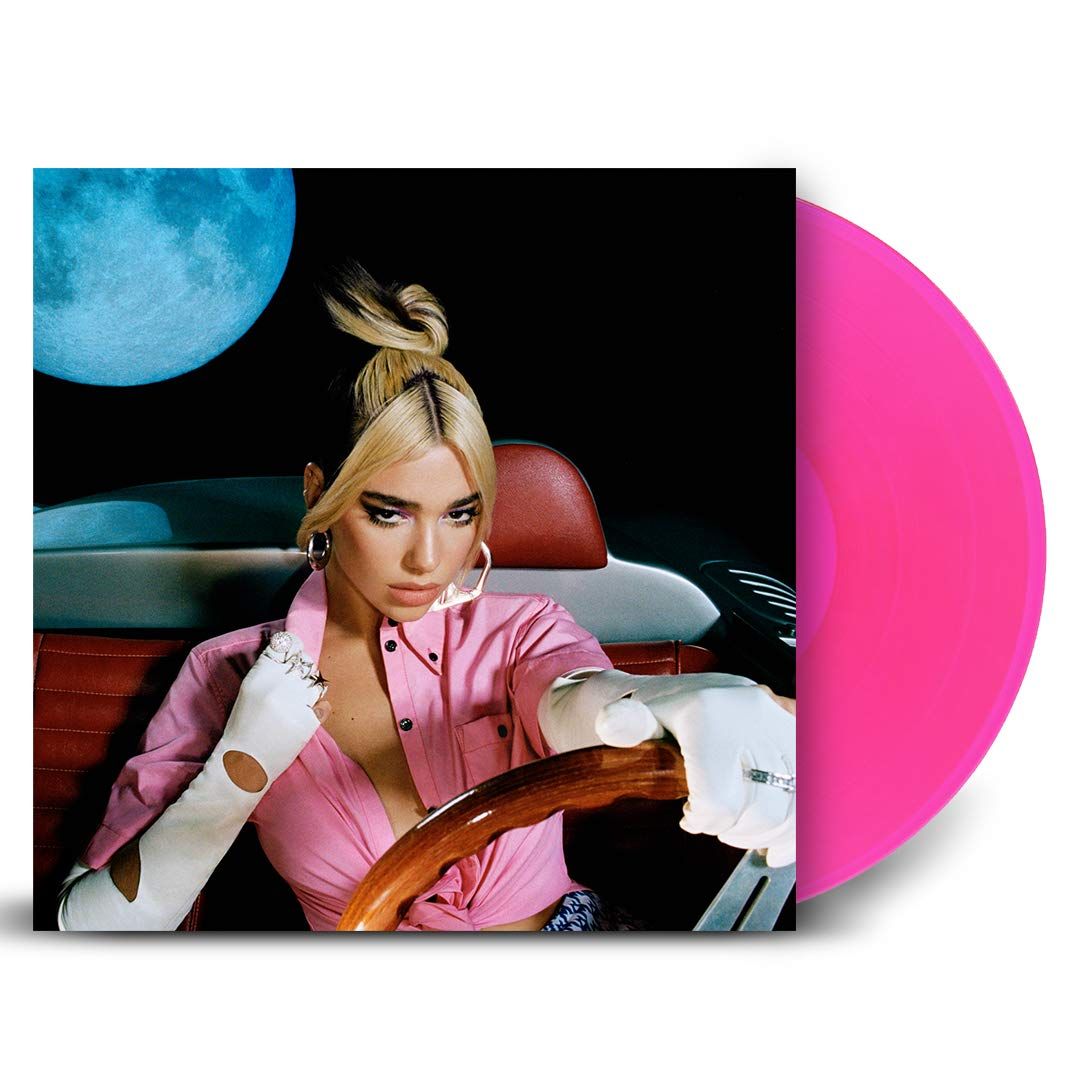

You can feel the pendants bouncing on the chests of sweaty partygoers with every pulse of this track. From the enjambement of the lyrics on the chorus to the Kaytranada-esque production, this song should open every festival and close every club night. Start your first night of freedom with ‘Hallucinate’, a song that will live longer than any of its inspirations.

If you think Dua’s already given you the best of her new era, you’re sorely mistaken: 'Don’t Start Now' is a crowdpleaser, ‘Physical' the doyenne of every drag queen and spin instructor in the land, but the moment we are all freed of self isolation the album tracks from Future Nostalgia need to be played at your first post-pandemic houseparty. You can just feel how much fun she’s having: something all her co-writers on this album told me was infectious in the studio, and it shows. When she praises all “that good pipe in the moonlight” she’s been getting in penultimate track 'Good In Bed' I literally screamed with delight. Praise also needs to go for how unabashedly sexy Dua sounds on this album, carrying on her great tradition of singing about female sexuality from the perspective of women rather than how it benefits men. She manages to balance radio playability with cheekiness and invention in a way many mainstream artists, trying to transition into more idiosyncratic sounds, fail to do. It is her voice resolutely throughout, perhaps explaining why it doesn't include any collabs, including her one with Normani. What’s important though is that Dua Lipa is not cribbing from other people’s notes here: the references are clear, but the sound is distinctly her. It might sound like I'm damning with faint praise to reference so many artists in talking about Dua, but it’s the way she’s always spoken about the album: as the latest in a long lineage of meaty, delectable pop albums by women who just want you to have fun. ‘Love Again’ - Dua’s most powerfully pro-love song to date - features a sample of Al Bowlly’s 1932 ‘My Woman’, by way of its use in White Town’s 90s bop ‘Your Woman’ (her references, not mine.) It swells and slaps and punches in ways that her reference points - I can’t help but think of Bedingfield’s ‘Silent Movie’, or The 411’s ‘On My Knees’ - just couldn’t do. She toys with some interesting samples that conjure up the electro-swing pop hits that feel so evocative of UK pop in the 00s, but with the lush production of something far more American.


 0 kommentar(er)
0 kommentar(er)
